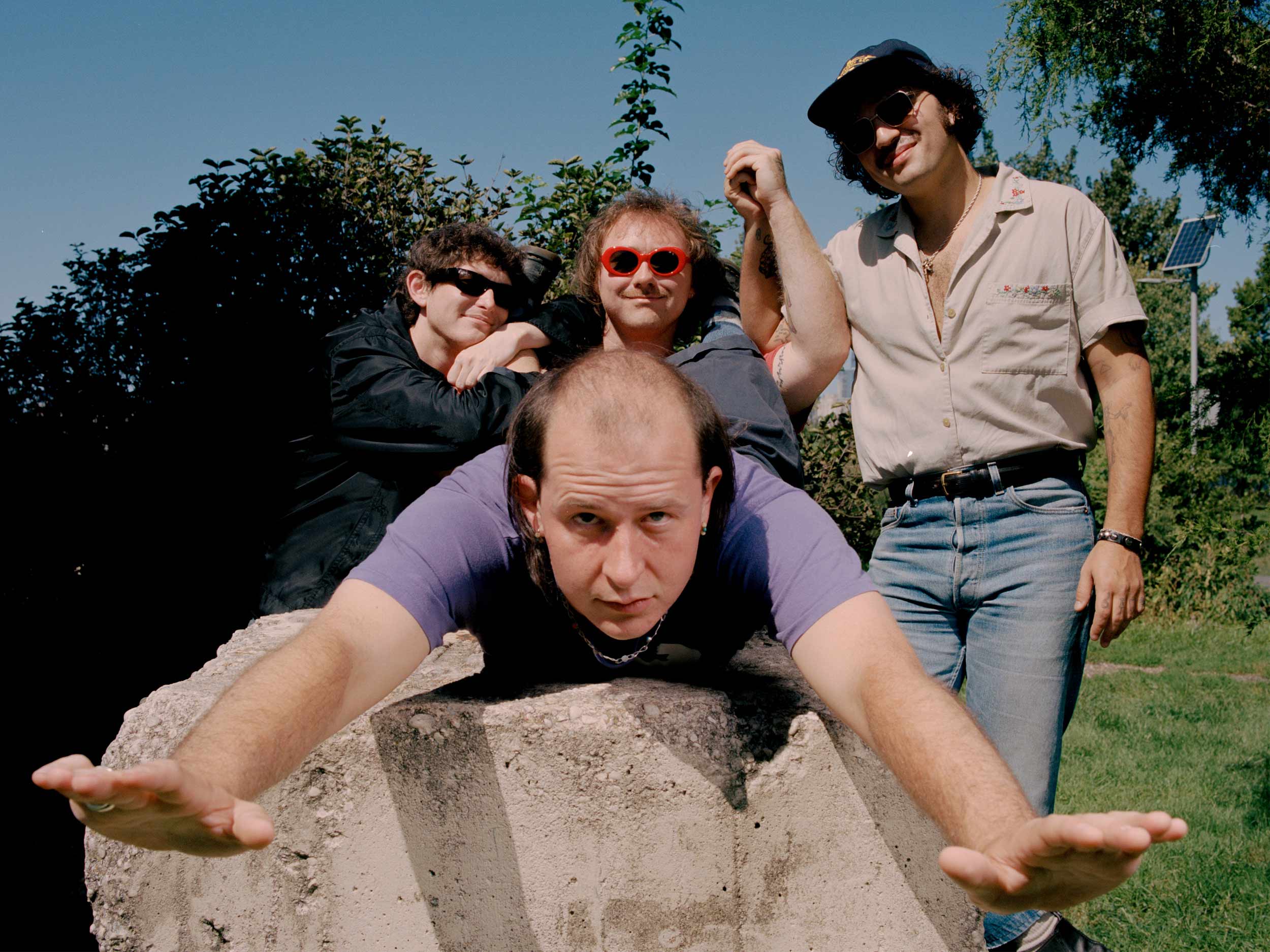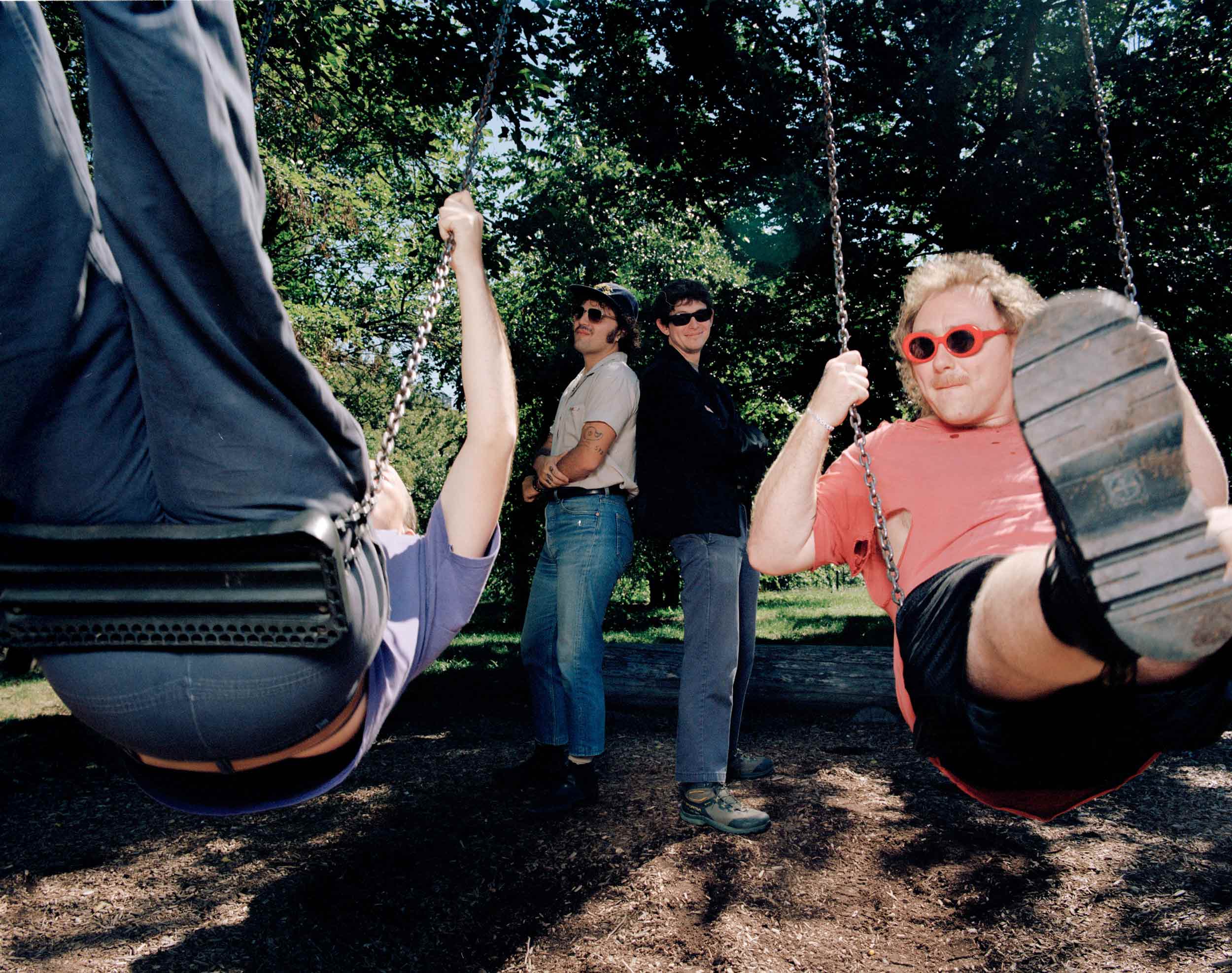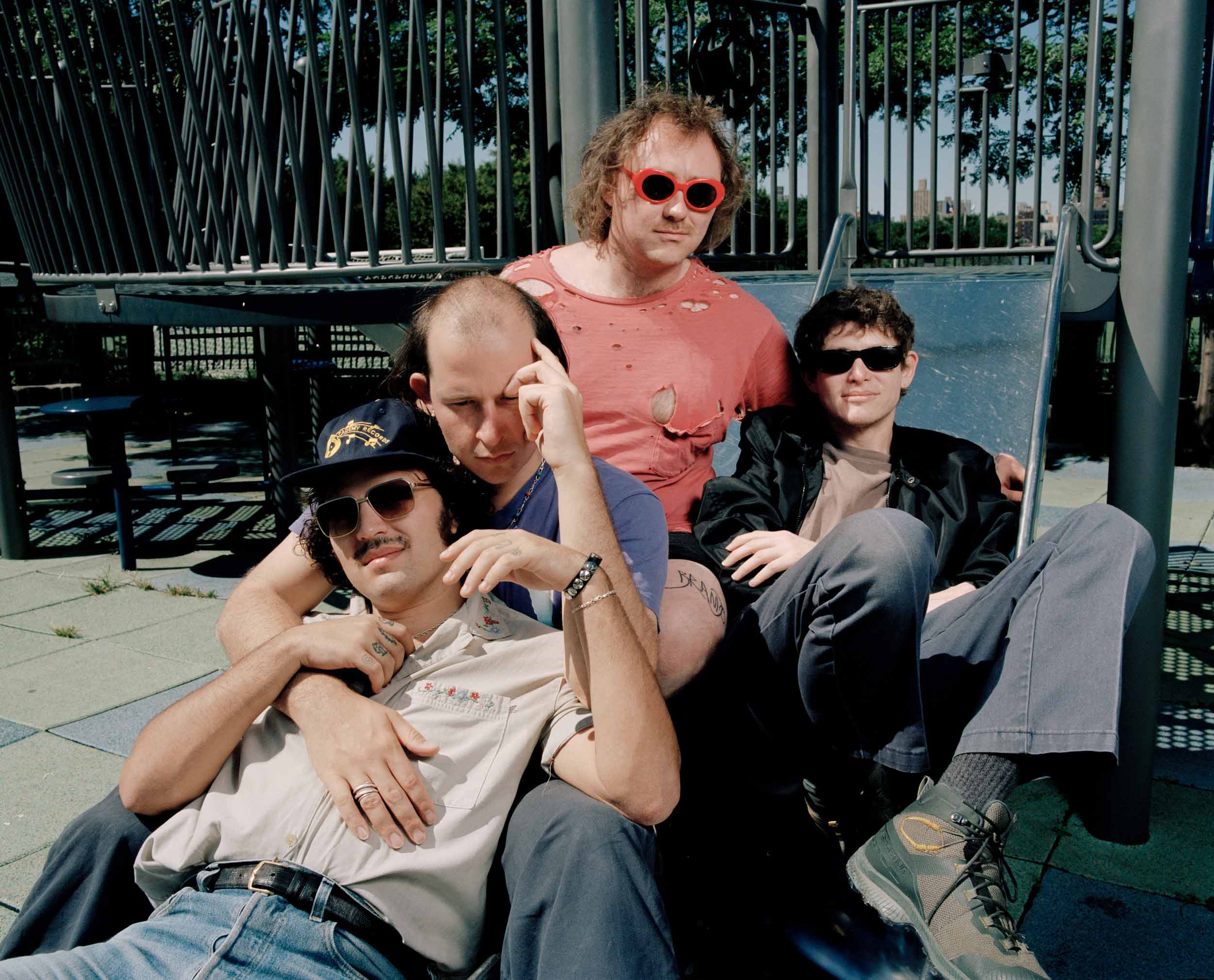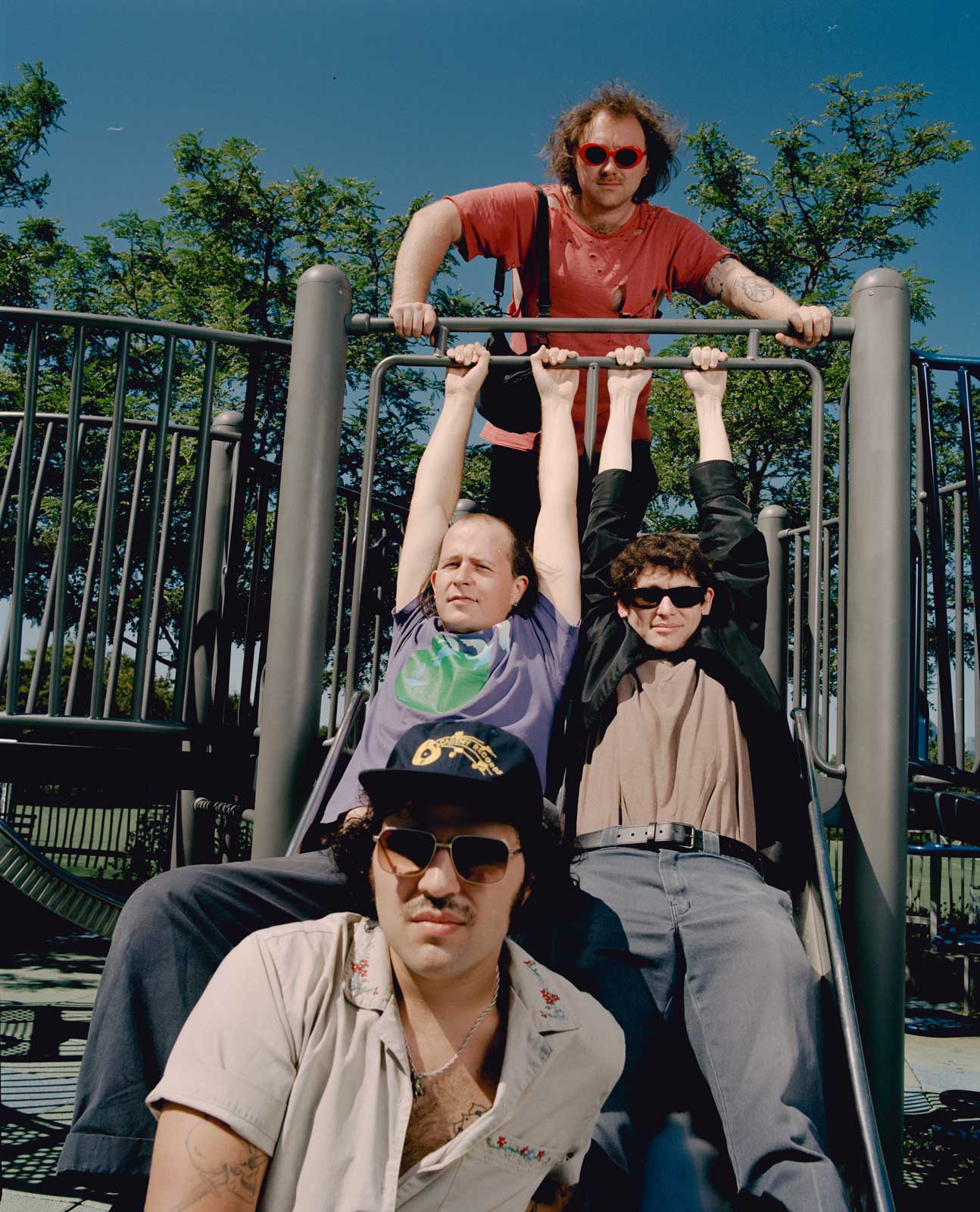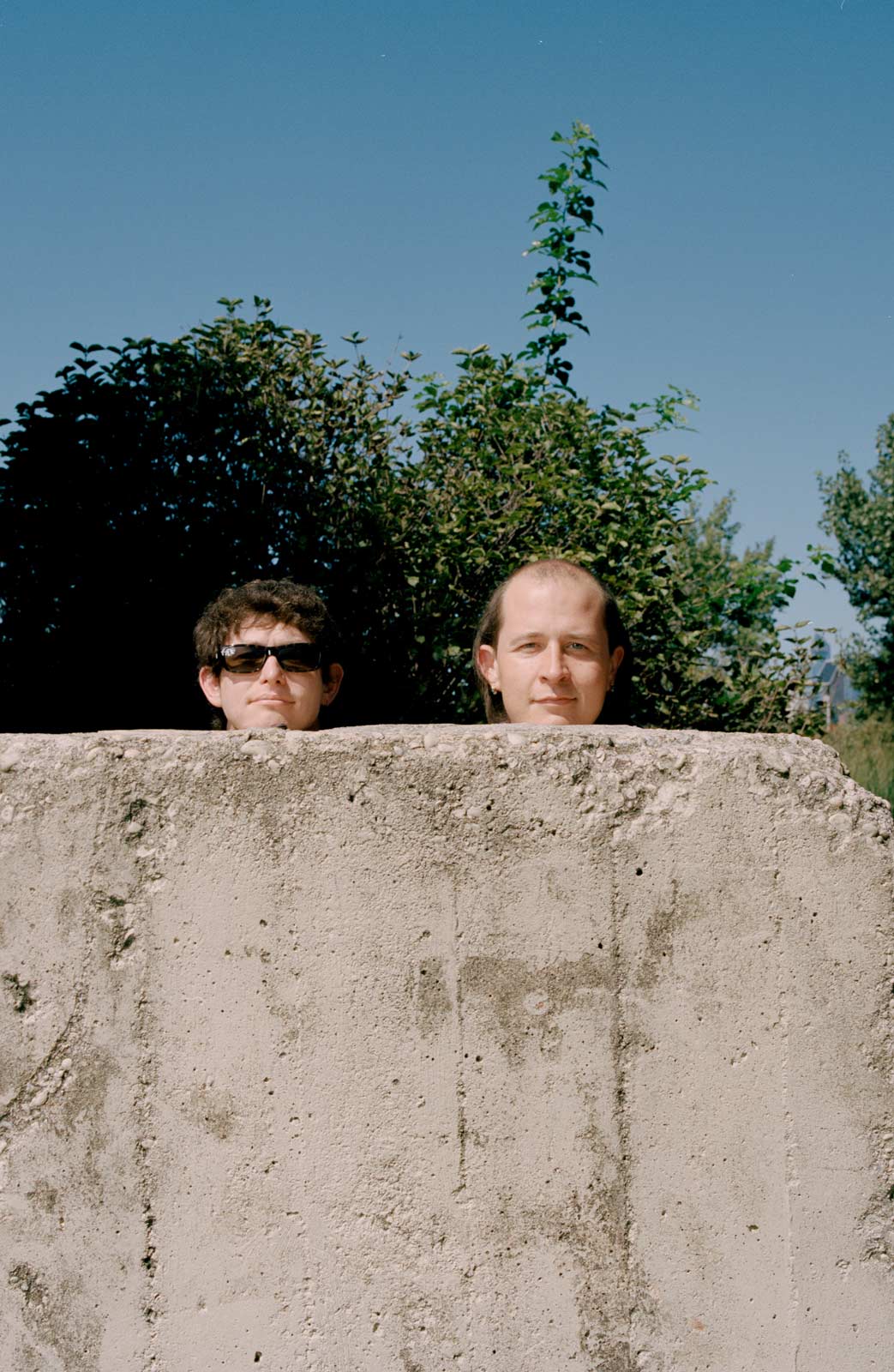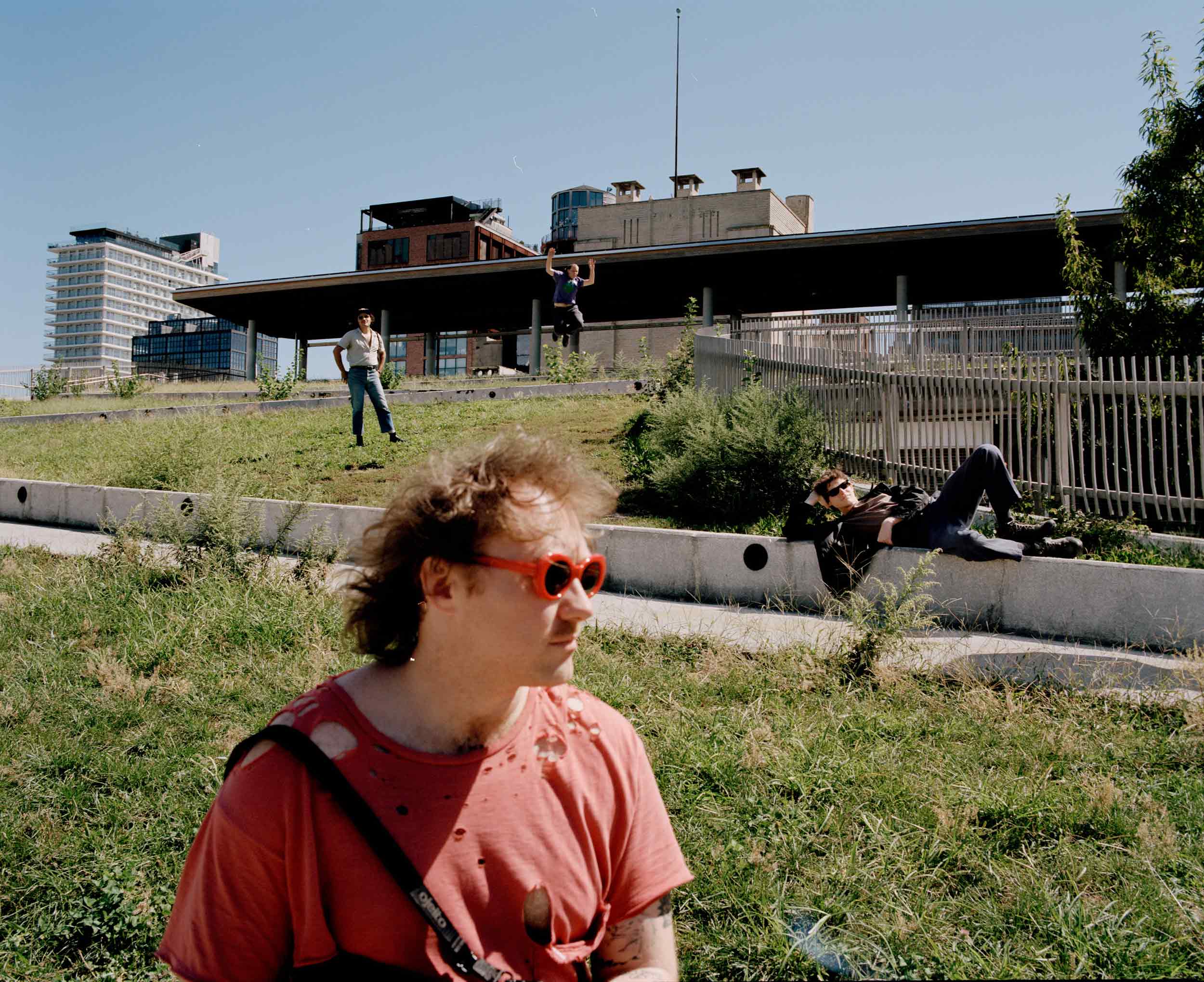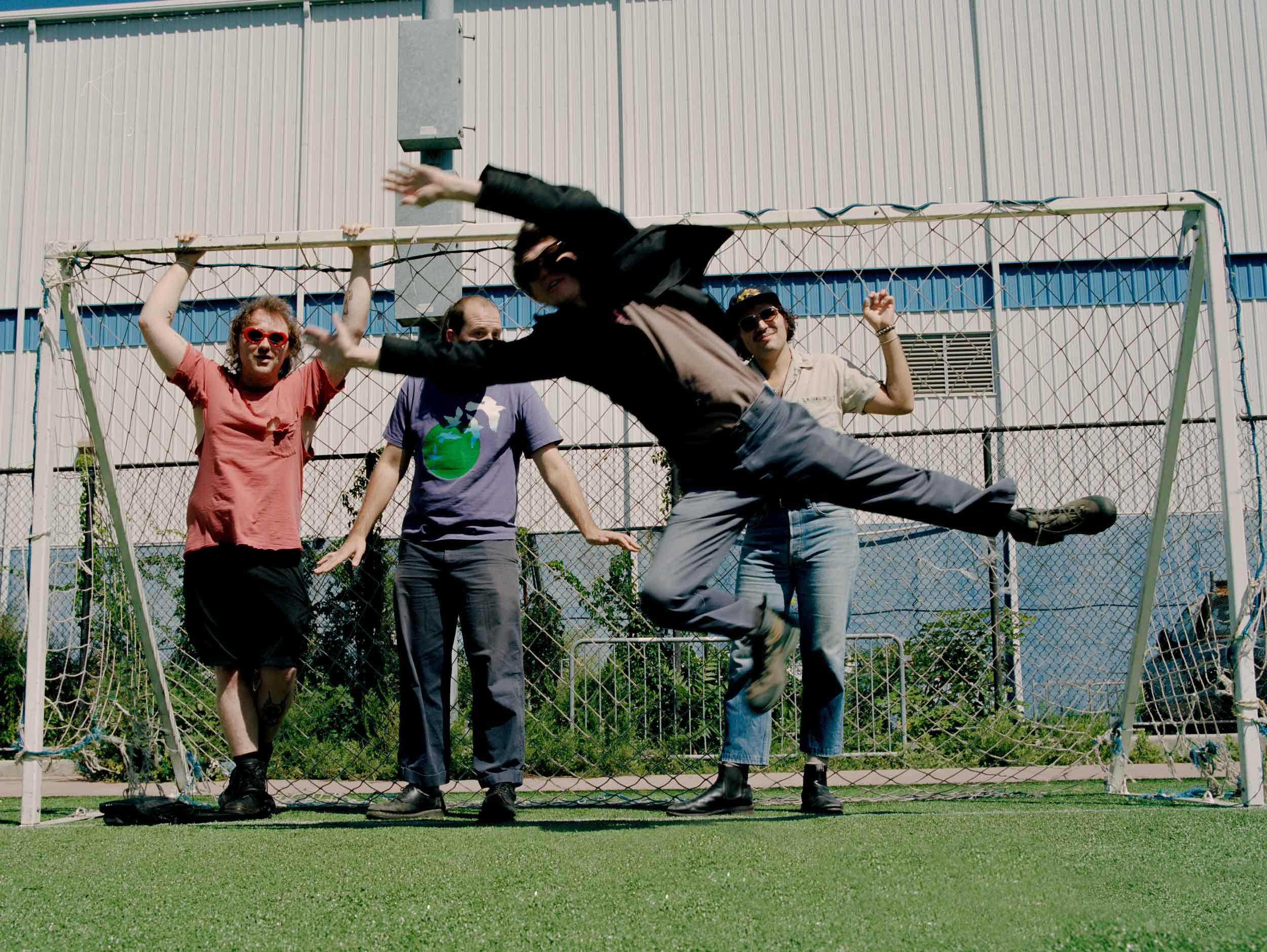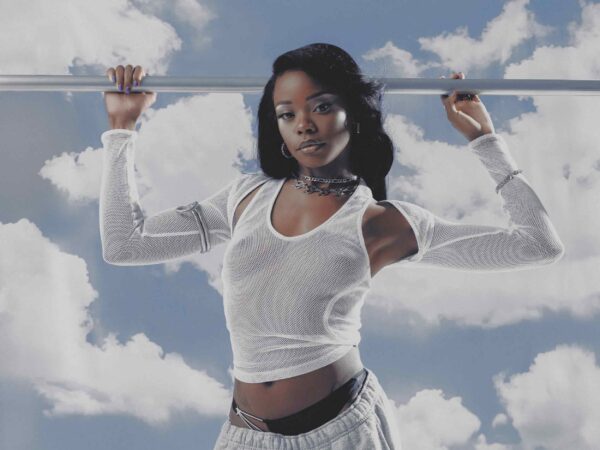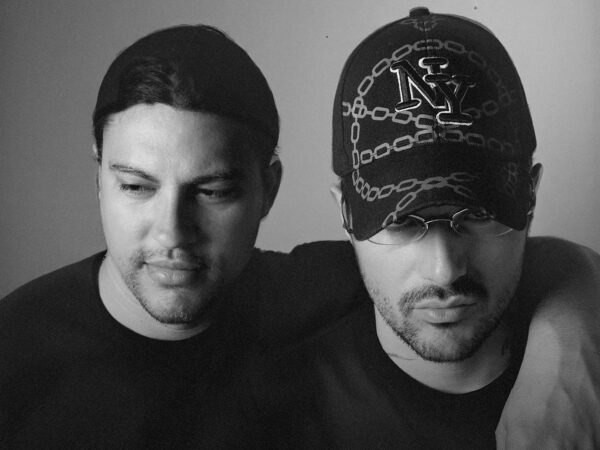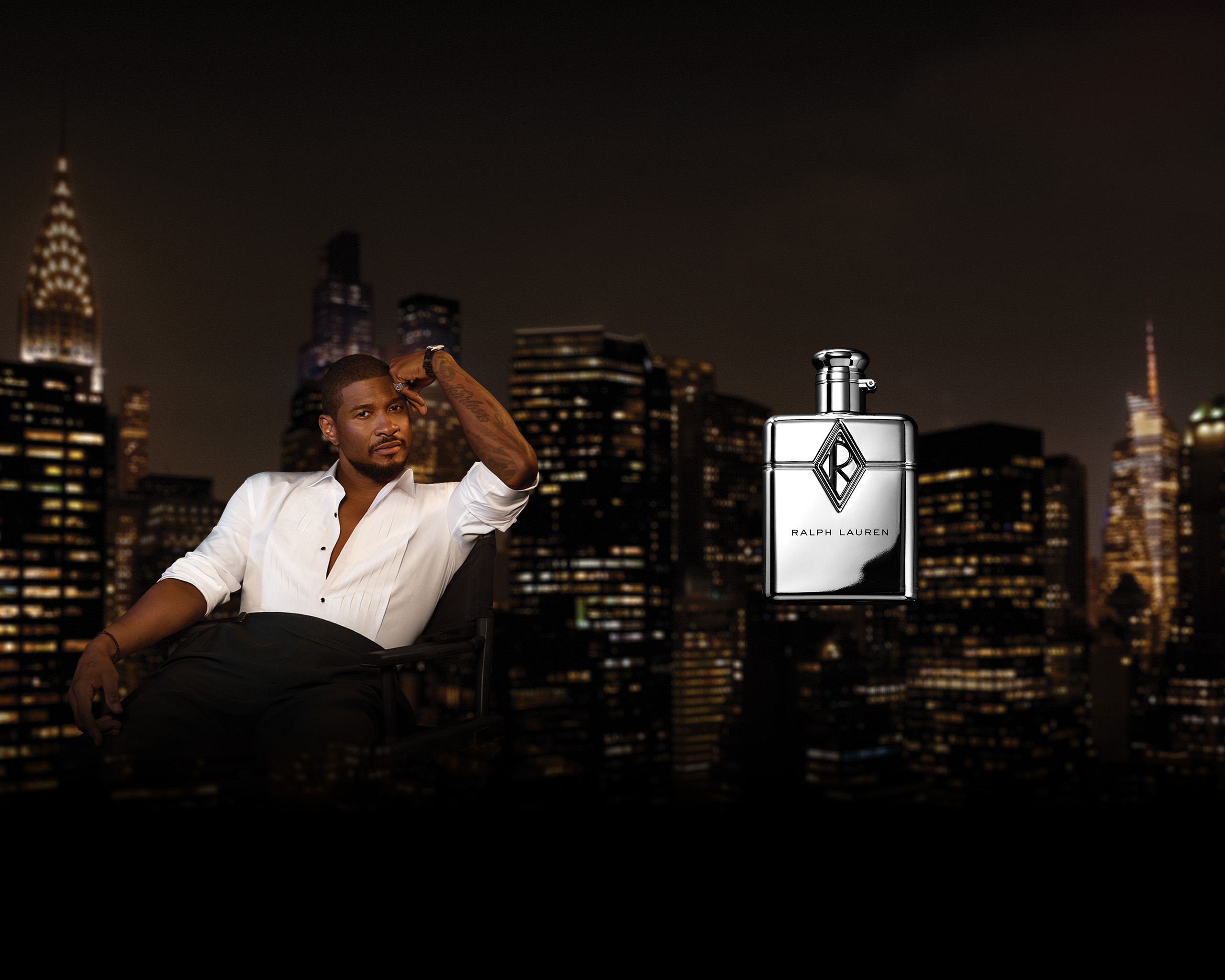Document caught up with the band to muse on the youthful fervor of their fans, and their efforts to stay DIY amidst commercial success
To attend a Surf Curse show is to accept that you’ll likely be trampled by a teen. That you’ll be damp with sweat that isn’t just your own. That you’ll wake with bruises in awkward places. Their sets are really akin to a collective fever dream. Screaming the lyrics back at the band is only so fulfilling—the emotion the music inspires builds upon every listen, and by the time fans get to the live show, no matter how many others they’ve already been to, that intemperate mass of pent-up energy has to be physically exerted.
The cult of Surf Curse only semi-recently exploded to uncontained proportions, by way of the algorithm, but it’s been steadily growing for more than a decade. It’s a strange cult, its leaders more implicit than intentional in crafting the power they wield. Founding members Nick Rattigan and Jacob Rubeck are living, breathing gods to their admirers, who trail them show to show, over years that sometimes see albums and sometimes don’t, across different eras of music platforms, leaving notes of (often all-caps) devotion along the path. (“Would sell my kidneys to be with Nick Rattigan”; “this music saved my life countless times”; “I WILL TELL MY KIDS ABOUT YOU IF I HAVE KIDS”; and “Jacob I know youre reading this: I’m proud of you.”)
But Rattigan and Rubeck aren’t your classic cult leaders. Their meteoric rise hasn’t deterred them from looking for ways to make their relationships more heterarchical, to deconstruct the idolatry around their creative capacity. This mission has taken form in a number of ways: most obviously in a film series curated by the two at Brain Dead Studios in LA, and a slew of club gigs to offset the intimacy lost on stadium tours. There’s a video from an earlier era of Surf Curse that seems emblematic of it all: Rattigan plays cult leader, and Rubeck, an inductee. On the surface, it’s about a boy being drawn into something sinister, but a proper listen shifts the point of perspective. The cult leader is suffering a kind of heartache, a confusion in regard to his own purpose. The 2016 video is sort of divinatory: Surf Curse has its own horde of devotees—a group desperate to return the vulnerability that Rattigan and Rubeck offer in their music—leaving the band to contend with the responsibility that comes with cultural ascent.
As with any cult, it’s only natural to be suspicious of their spirit—to look for pretense or phoniness within the wholesome sentiments they preach. It’s easy to think that it must be a front, that no artist who’s achieved success in commercial form can be immune to the corruption it breeds. They say things like, “When we have an opportunity, we try to [bring] the people that we love along”; “you can hear each of us in the music—it captures our friendship”; and, “I want to hit people in the heart.” But Surf Curse really do embody a heightened standard, one which we don’t even hold our closest friends to. They’re apologizing that I may have been sunburned, even though they are sitting under the same sun; they’re offering me water—sparkling or still, and it’s sure to be cold; they’re giving their thanks for a conversation, even though it’s redundant of one they’ve had more than 10 times over; they’re actively listening, with squinty, attentive eye-contact. They’re making good music, and fighting to make sure it’s worth listening to—that the quality of sound is matched in emotional resonance. Surf Curse is deserving of the fervor and faith they inspire—sonically and conceptually, personally and professionally.
“I want to hit people in the heart.”
The steady, reasonable rate of their incline is maybe the reason they’ve maintained a sense of being grounded, of superseding ego, of being nice even when they don’t have to be. A TikTok-fueled boom of their song “Freaks” (which was already considered a classic, so to speak, among those who have long followed them) earned the band a mass of newfound interest, including that of big-name labels. And thus, the first iteration of their band in true, four-member form.
Document: Did the label demand a boy band?
Henry Dillon: We’re so unbelievably attractive, they had to have us.
Document: Was there a Will you go steady with us? ask, or any sort of indoctrination?
Jacob Rubeck: We have rituals, but we will never say what they are…
Henry Dillon and Noah Kohll are the first to be added to the ranks as full-fledged members of Surf Curse, which has cycled through a series of touring bandmates without registering them in an official capacity, or letting them infiltrate the writing process. Dillon and Kohll were onboarded after the band signed to Atlantic, more than 10 years after its formation. Rubeck and Rattigan established Surf Curse in Reno after being locked out of 21+ shows in Las Vegas; and so, Dillon and Kohll folded into the project naturally, similarly bred from small-town DIY scenes (in Oklahoma City and Omaha, respectively). The band is intent on maintaining their homespun sensibilities, even as they find themselves in nicer studios and on bigger stages. Their DIY roots aren’t tied to shitty equipment or unpopulated gigs—or even a particular place. “It doesn’t feel like scenes are so geographic in that way anymore,” Rattigan muses. “But maybe that’s just because we’re in our 30s and don’t know what’s going on.”
Surf Curse’s fan base feels distinctly youthful, which the band attributes to the intensity of emotion that lives in their lyrics. Their listeners read so young, in fact, that YouTube comments from those of a legal drinking age need to let it be known that the music isn’t just for teens. Some, informatively so: “I am well over 21 & I enjoy this band.” Others, with a sense of (probably drunken, sloppily-typed) yearning: “which you guys existed around +30 years ago during my teen years, so fucking weirdness, loneliness… losing people…. betrayal by others… especially love, and anger…” It’s proffered to the point of memedom: “i’m 69 and i’ve been listening to you since i was a zygote.”
“It doesn’t feel like scenes are so geographic in that way anymore—but maybe that’s just because we’re in our 30s and don’t know what’s going on.”
Surf Curse’s latest album, MAGIC HOUR, might be the first point of dissolution for that reputation. Touring with Greta van Fleet, they explain, makes perfect sense for just this purpose: “They sound like Led Zeppelin,” Rubeck says, a quality that MAGIC HOUR also contains. “Who loves Led Zeppelin? Dads. Moms. We want them, too. You Google us, you get ‘DIY rock,’ ‘surf rock,’ all these buzzwords leading you in different directions. This is the corruption of iHeartRadio.” It’s like, he continues, when Sonic Youth opened for Neil Young: The purpose is that, maybe, some people are going to be upset by it. Which is all good fun, but really just noise to cut through. “We’re hitting a bunch of people, and if we can get just one person down a BandCamp rabbit hole,” Rubeck insists, “we did our jobs.” It’s a sentiment that is superficially corny, but it’s clear that they mean it—that it’s actually a point of purpose and not just PR bullshit they’ve been trained to spew.
They say don’t meet your heroes, but maybe we just need nicer heroes. Surf Curse proves it’s plausible.
Photo Assistant Tessa Dillman.


